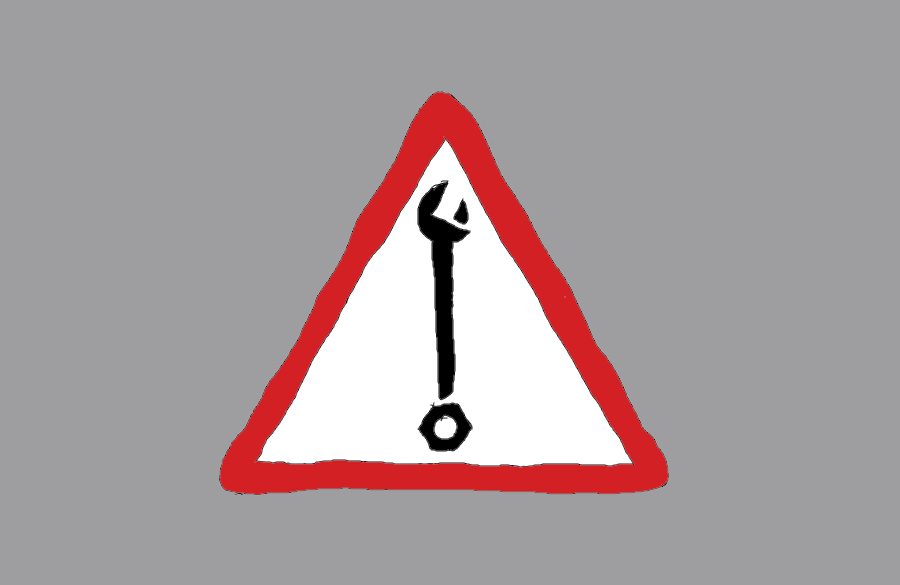A Comprehensive Plumber’s Safety Guide: Protecting the Pipelines of Your Health

Plumbing is an essential trade that keeps our homes and businesses running smoothly. From fixing leaky faucets to installing intricate sewage systems, plumbers play a vital role in maintaining our daily comfort. However, this profession is not without its hazards. Plumbers often face various risks on the job, from working with hazardous materials to navigating tight spaces and using powerful tools. To ensure the well-being of plumbers, a comprehensive safety guide is imperative.
Personal Protective Equipment (PPE)
One of the first lines of defense for plumbers is wearing the appropriate Personal Protective Equipment. This includes:
- Safety Glasses: Protect your eyes from debris and splashing liquids.
- Hearing Protection: Guard against the deafening noise of power tools.
- Respirators: Prevent inhaling harmful fumes from chemicals and sewage.
- Gloves: Shield your hands from cuts, burns, and chemicals.
- Steel-Toed Boots: Keep your feet safe from falling objects and heavy materials.
Using the right PPE not only safeguards your health but also enhances your overall job performance.
Proper Training
Before tackling any plumbing project, plumbers must receive proper training. This training should cover a range of topics, including safety protocols, tool operation, and handling hazardous materials. Apprenticeships and vocational programs are excellent ways to gain the knowledge and experience necessary to work safely and efficiently.
Safe Work Practices
Working safely is not just about having the right gear but also adopting safe work practices. Plumbers should follow these guidelines:
- Evaluate the work area for potential hazards before starting any project.
- Use caution when working in confined spaces, ensuring proper ventilation.
- Always shut off water and gas supplies before working on pipes or fixtures.
- Secure tools and materials to prevent tripping hazards.
- Practice good ergonomics to minimize strain and injury.
Handling Hazardous Materials
Plumbers frequently encounter hazardous materials such as sewage, chemicals, and asbestos. To handle these materials safely:
- Always follow Material Safety Data Sheets (MSDS) for chemicals.
- Wear appropriate protective gear when dealing with hazardous substances.
- Use safe disposal methods for hazardous waste.
Proper Tool Use
Using tools correctly is fundamental to a plumber’s safety. Regular maintenance and inspection of tools are crucial to ensure they remain in good working order. Be sure to:
- Use the right tool for the job.
- Inspect tools for damage or wear and tear before use.
- Keep tools clean and sharp to avoid accidents.
Electrical Safety
Plumbers often work with electrical systems when installing water heaters and other fixtures. It’s essential to:
- Verify that the power is turned off before working with electrical components.
- Use Ground Fault Circuit Interrupters (GFCIs) in damp or wet environments.
- Avoid overloading circuits.
Preventing Falls
Falls are a significant risk for plumbers, especially when working on elevated surfaces. To prevent falls:
- Use appropriate fall protection equipment, such as harnesses and guardrails.
- Keep work areas clean and organized to avoid tripping hazards.
- Use ladders and scaffolding safely, following OSHA guidelines.
Communication
Effective communication among team members is vital to prevent accidents and ensure a smooth workflow. Plumbers should:
- Coordinate with colleagues when working on shared projects.
- Communicate potential hazards and risks to other team members.
- Be vigilant and responsive to verbal and non-verbal cues during collaborative tasks.
Conclusion
Safety is paramount in the plumbing profession. By adhering to these essential safety guidelines, plumbers can protect themselves from injury and health risks while ensuring the successful completion of their projects. Whether you’re a seasoned professional or an aspiring apprentice, incorporating these safety measures into your daily routine will help keep the pipelines of your health intact and the water flowing smoothly.